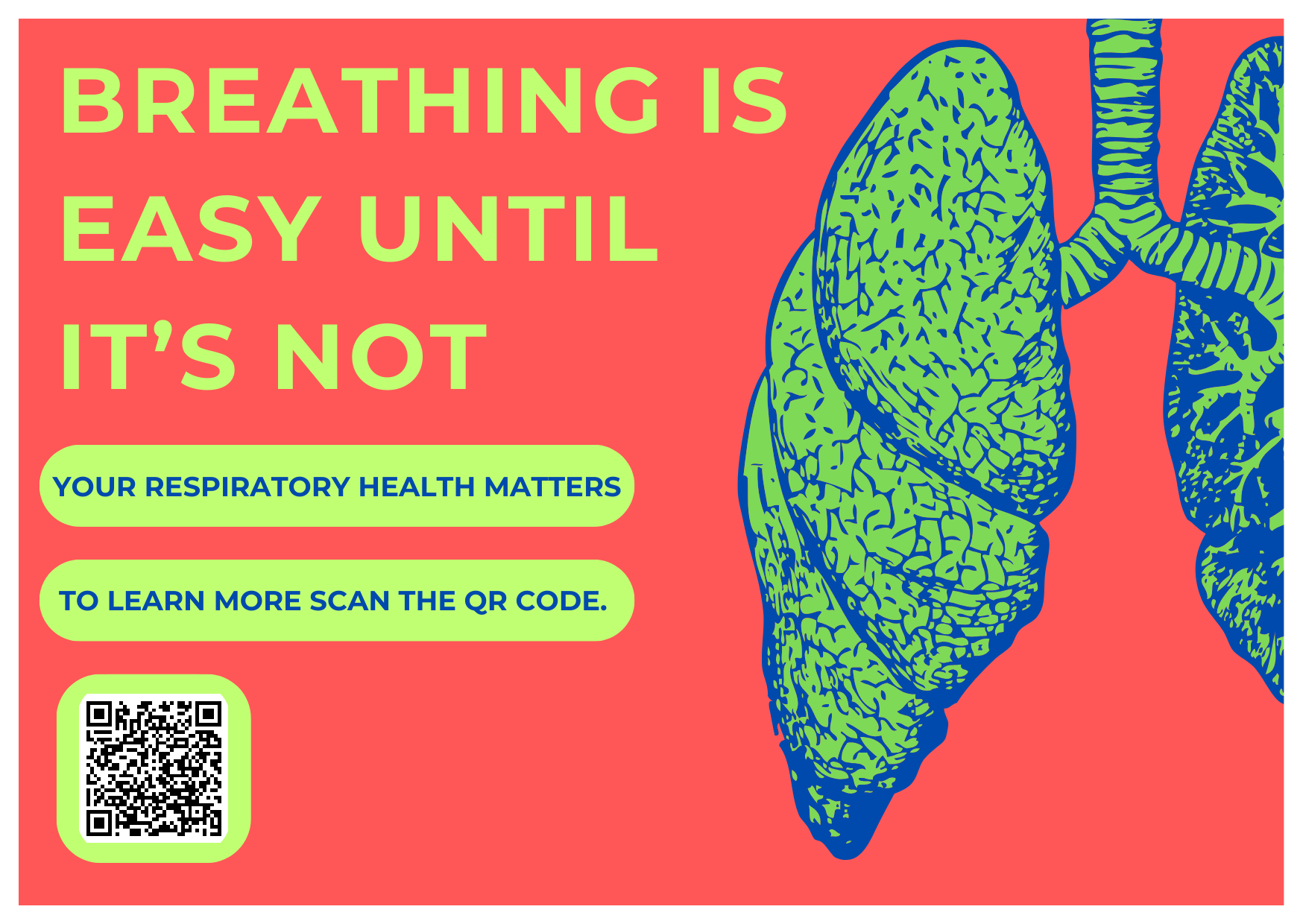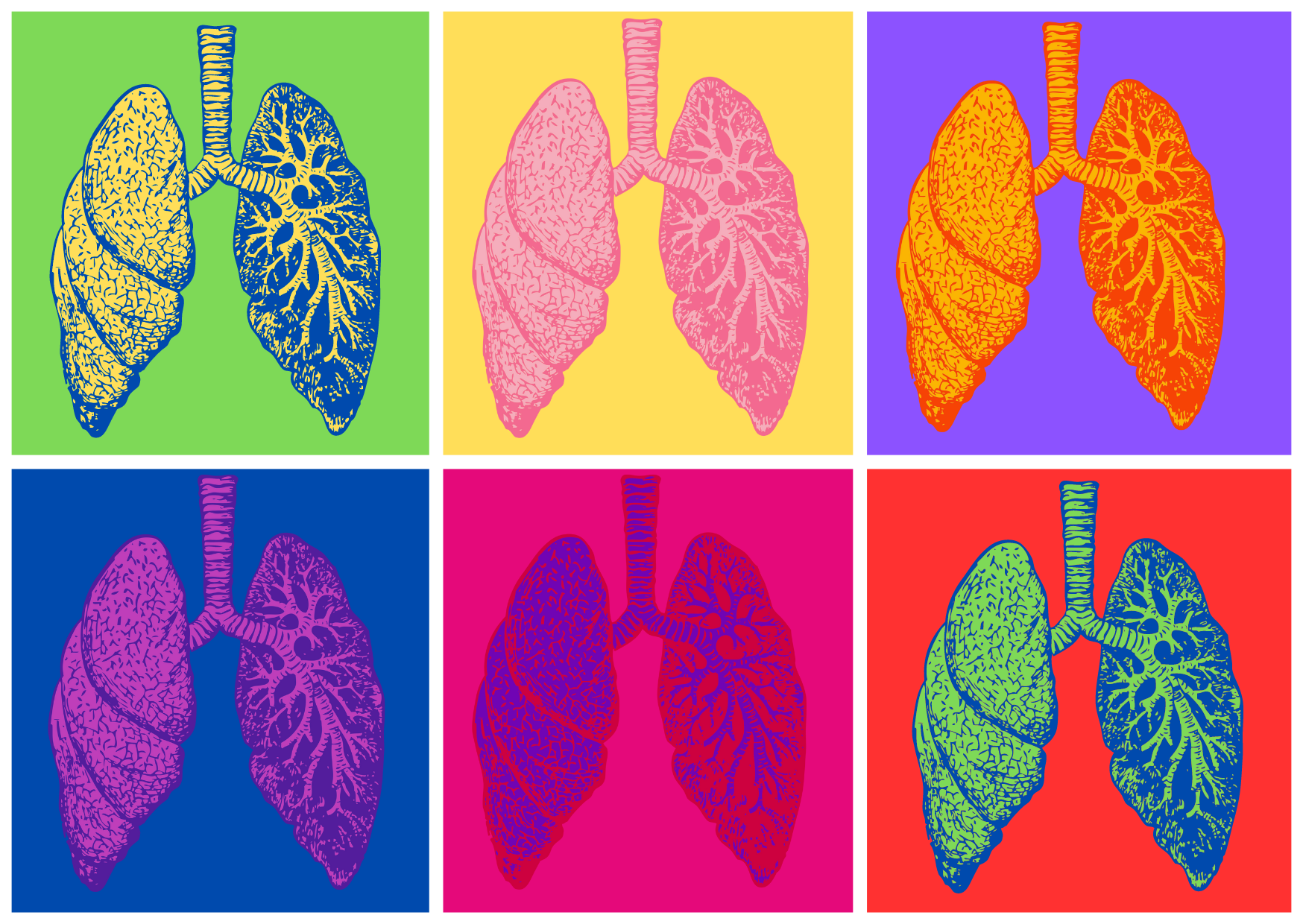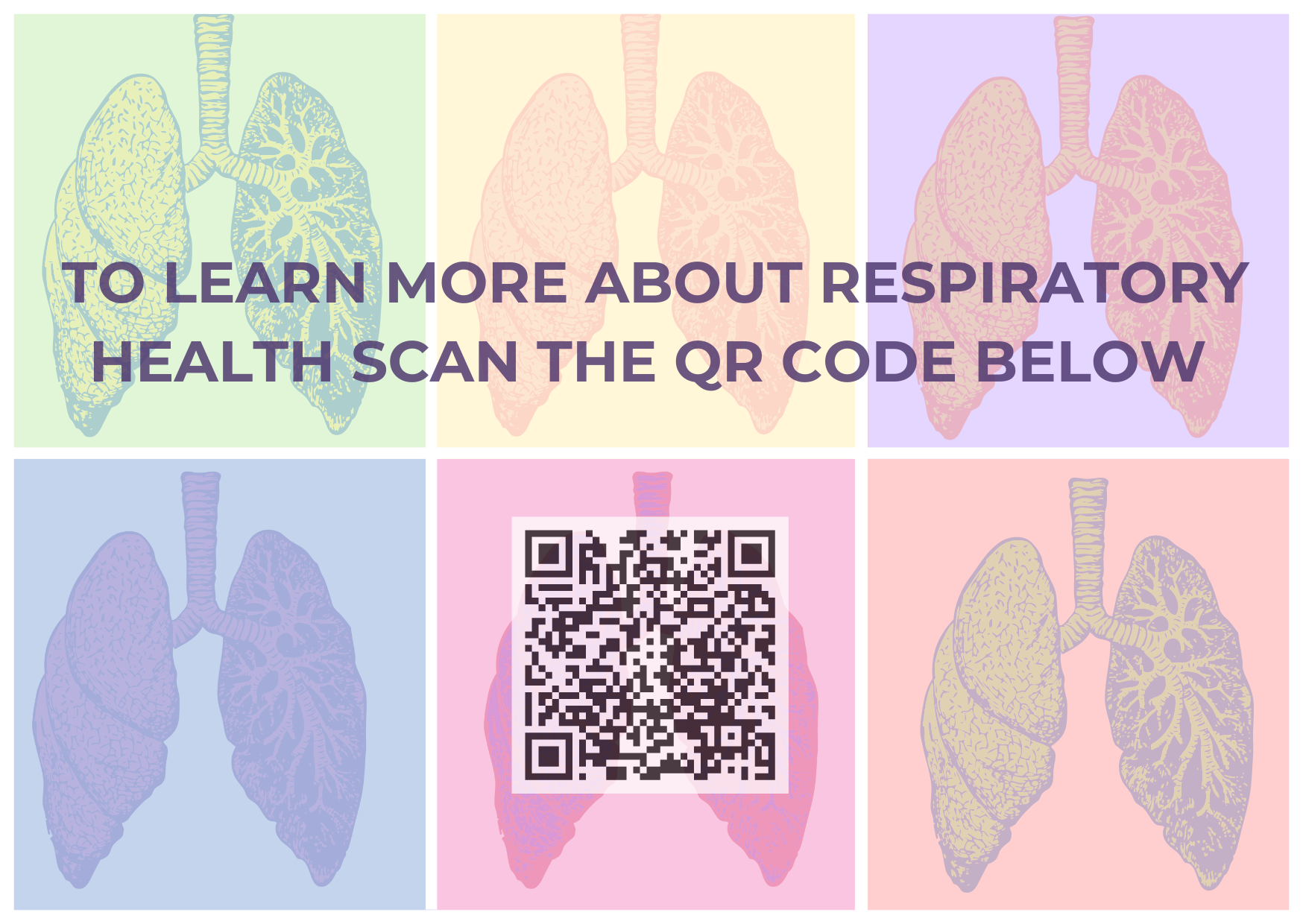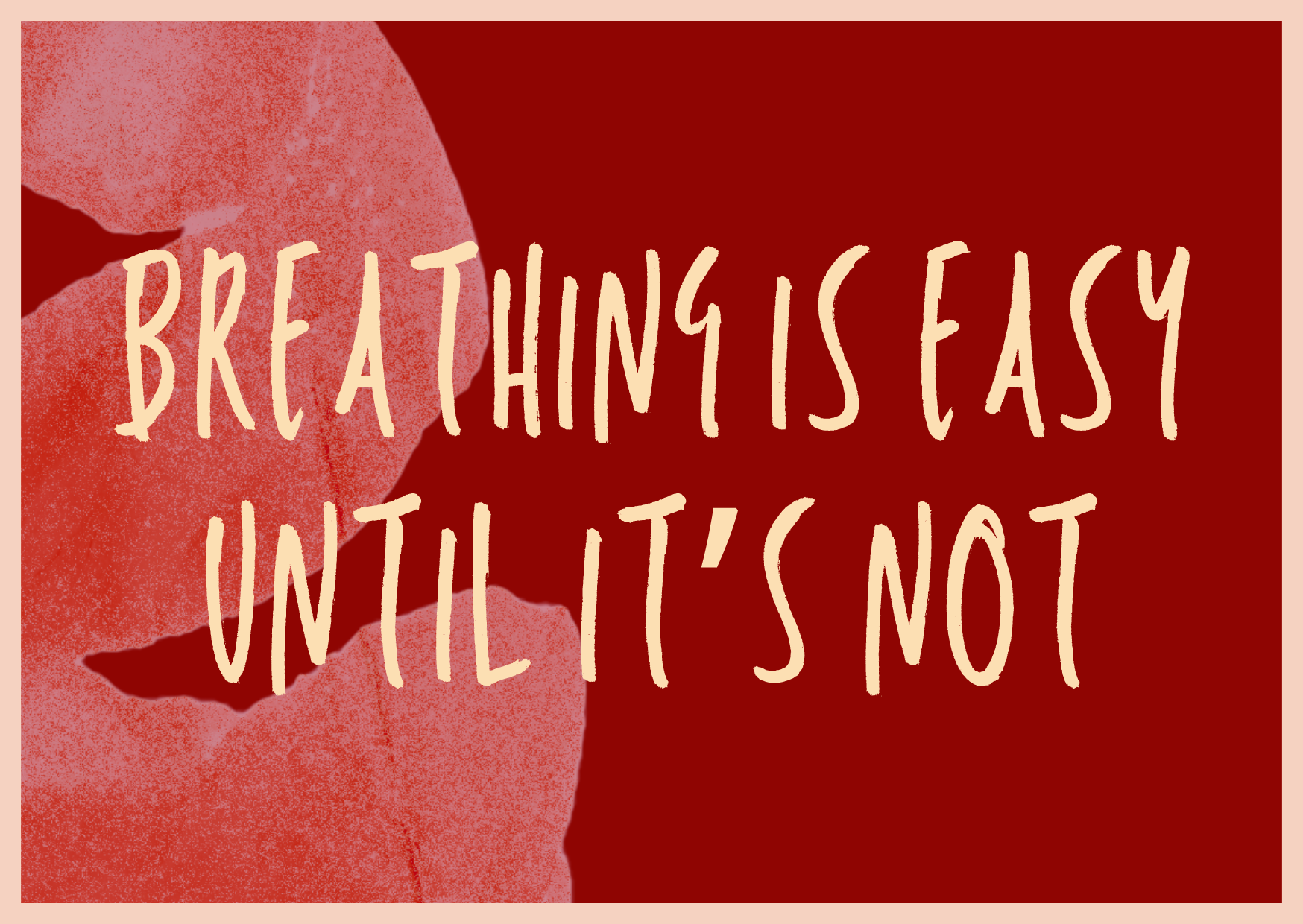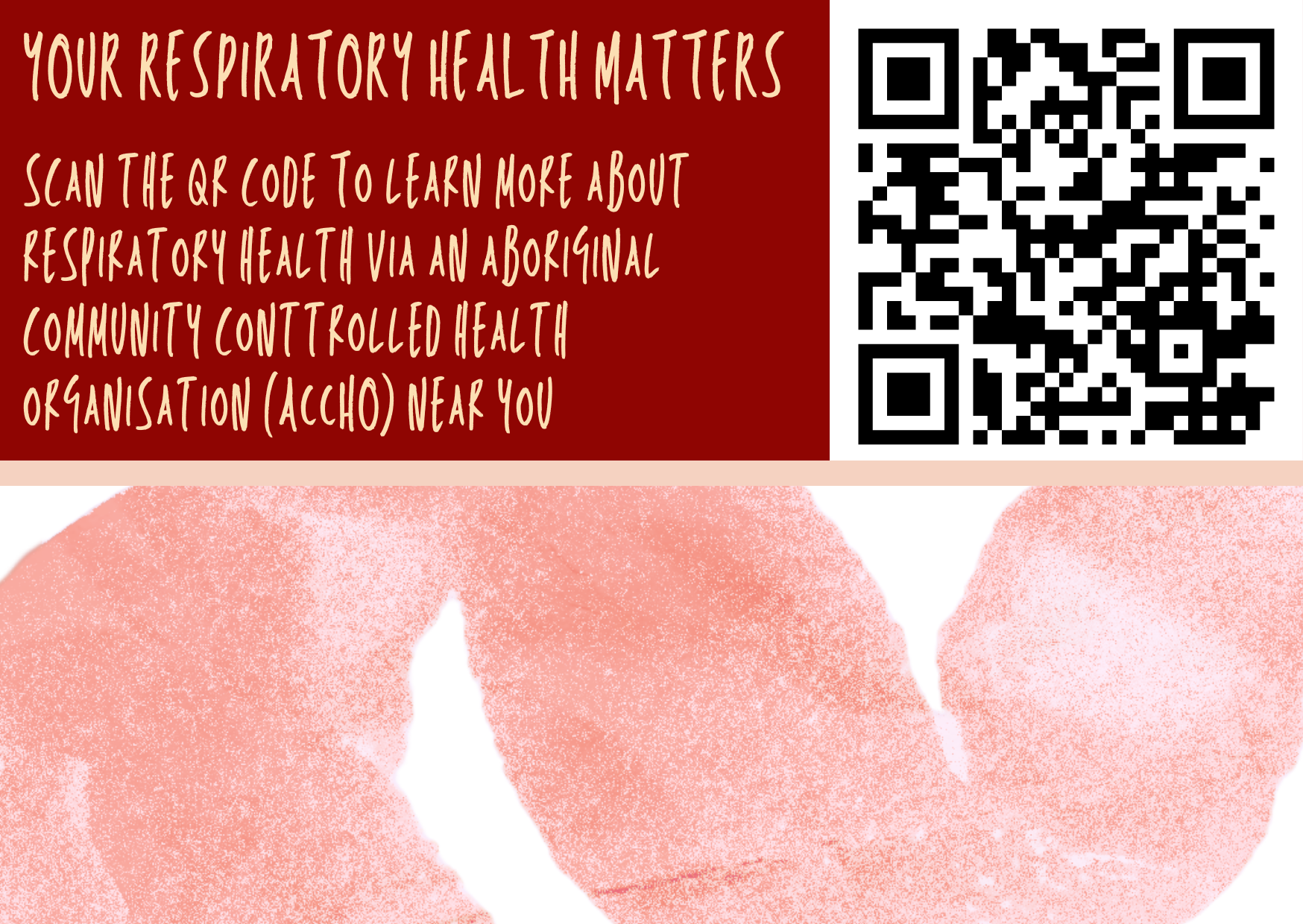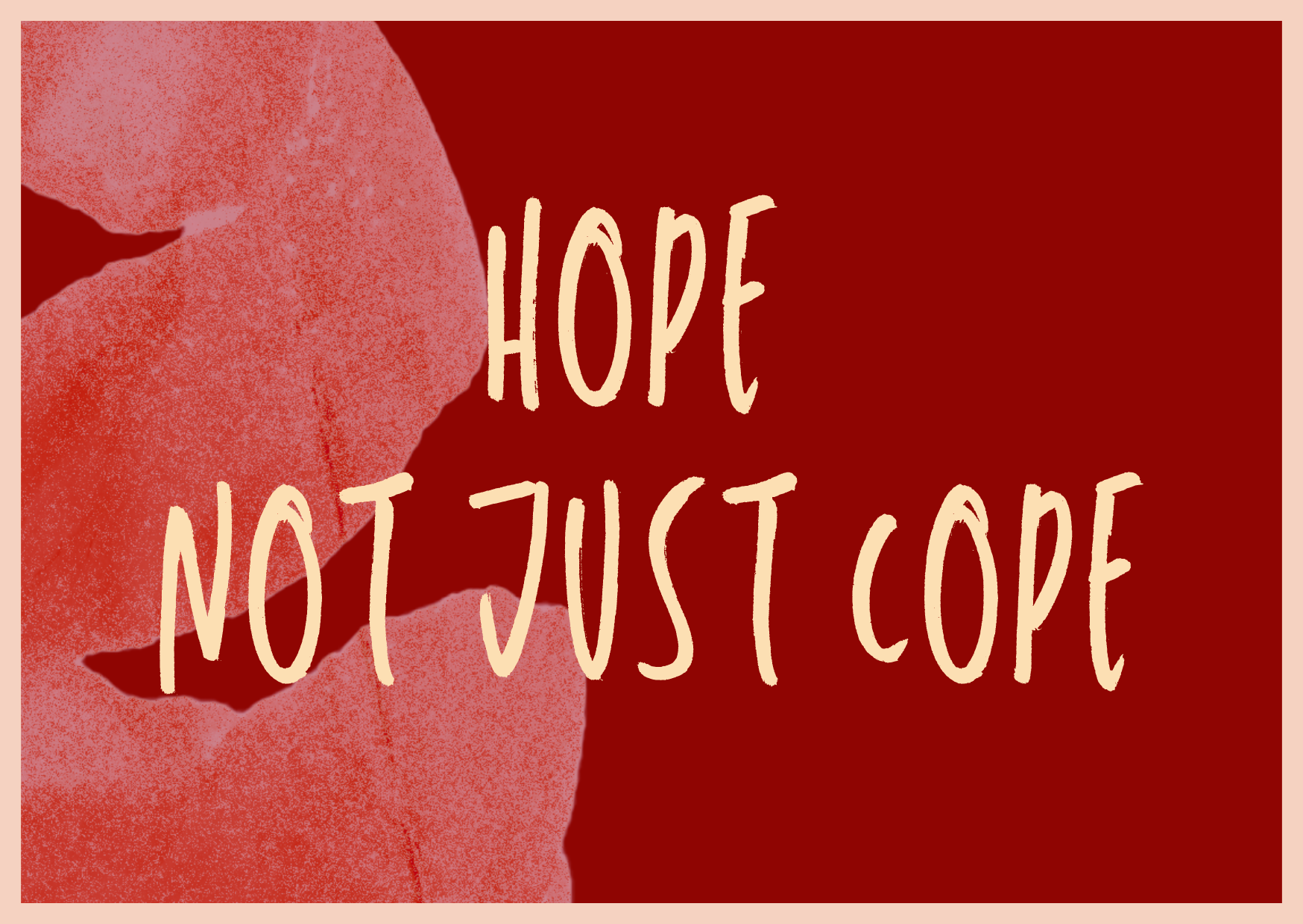A project to promote, and increase health-seeking behaviour and choices, focusing on the respiratory illnesses among alcohol and other drugs service users.
This project was funded by the Department of Health, COVID19 Community Grants Program (2023-2024) and aims to promote, and increase health-seeking behaviour and choices, focusing on the impacts of COVID-19 and related respiratory illnesses among alcohol and other drugs service users. Through offering information, resources and promotional materials, VAADA aims to increase awareness of the impacts of respiratory illnesses for people who use drugs, and support service providers understand and respond to client’s needs.
Did you know?
- Respiratory health isn’t just about your lungs! It covers the health of the airways, including the lungs and the passages that carry air from the mouth and nose to the lungs.
- Substance use can increase your risk of catching illnesses such as the Flu or COVID-19 and may make you experience more severe respiratory illness.
- There are measures that you can take to reduce your risk of contracting a respiratory illness.
What do consumers have to say about respiratory health?
*Quotes from consumer consultation feedback sessions, SHARC and Harm Reduction Victoria (May 2024).
Download the summary report to find out more.
For many people, focusing on immediate needs can overshadow long-term health concerns.
We often take healthy lungs for granted but neglecting them can have long-term consequences.
Drug use can have health consequences beyond overdose and can impact your respiratory health.
Respiratory Health and Substance Use
People who use substances may be at increased risk of respiratory illnesses, this can be attributed to[i]:
- Gathering socially in groups to use substances and/or sharing pipes, joints, sharps, etc.
- Regular, ongoing substance use can weaken the immune system.
- Some substances and consumption methods have side effects that can make the symptoms more serious, some examples include:
– Using opioids can slow breathing, leading to decreased oxygen in the brain.
– Using stimulants, such as methamphetamine or cocaine, can impact your heart and may lead to chronic lung conditions. - The consumption of substances (any) by means of smoking or vaping, can lead to chronic lung conditions and more severe illness.
- Other conditions, such as HIV, which affect the immune response, will weaken your natural ability to defend against viruses or other contagious diseases.[ii]
Prevention
These measures that can be taken to reduce the risk of contracting a respiratory illness[iii].
- Washing your hands frequently.
- Wearing a mask when in crowded situations and avoid touching your face.
- Regularly cleaning and avoiding sharing pipes, bongs, joints or any other substance consumption equipment.
- Getting Vaccinated
Vaccines
Vaccines are safe and effective at protecting yourself and those around you from illness.[iv] You may want to consider getting vaccinated for the flu, Covid 19 (and getting a Covid 19 booster).
How to Book a Vaccine Appointment:
Book using the Australian Government clinic finder (Available in 16 Languages) or call 1800 675 398
Click here for more information about booking a COVID-19 vaccine
Click here for more information about booking a flu vaccine
On the day of your Vaccination:
Bring these things, if you have them:
- Face mask
- Appointment confirmation
- A Medicare card or Individual Healthcare Identifier number, if you have one. If you don’t, that’s ok. Most GPs do require a valid Medicare Card however some pharmacies do not. You will need to check this when you are booking.
After the Vaccination:
Vaccine side-effects can feel like alcohol or other drug withdrawal symptoms, including fever, chills, body ache, nausea, and feeling tired.
If you use substances, try to keep close track of your use in the days after getting vaccinated. If withdrawal symptoms seem unlikely, it might be the vaccine. Immunisations can put additional pressure on your immune system initially, so your body might feel like it’s sick for a little while. It is rare to feel unwell for more than a day. Remind yourself that the symptoms will pass and are very unlikely to be related to withdrawal.
Reducing the severity of respiratory illness
Antivirals and Antibiotics
A respiratory illness could be caused by a virus, such as COVID-19 or the flu or bacterial infections, such as strep throat.
Antiviral treatments are available for many viruses and may help stop the infection from becoming severe. You must meet eligibility criteria for some of these, and they will need to be prescribed by your doctor.
You must start courses of these antiviral treatments as soon as possible after symptoms begin.
Antibiotics are only needed to treat a chest infection if it is bacterial. Your doctor will be able to tell you whether you need antibiotics.
People at higher risk of severe illness or healthcare card holders may be eligible for free or reduced cost antiviral or antibiotic treatments. Have an early discussion with your GP or nurse practitioner about whether an oral antiviral suits your needs and to develop a respiratory illness care plan ahead of time.
Managing Symptoms
The symptoms of respiratory illnesses can feel like alcohol or other drug withdrawal symptoms, including fever, chills, body ache, nausea, and feeling tired. Depending on the substances and methods of consumption, changing consumption methods or amounts may alleviate symptoms.
Remember all your best overdose prevention and reversal strategies!
If you do contract a respiratory illness, try to get plenty of rest, drink lots of water and eat well.
Seek urgent medical attention (call 000) if you develop severe symptoms such as:
- difficulty breathing; blue lips or face
- cold and clammy, or pale and mottled, skin
- pain or pressure in the chest
- fainting or collapsing; difficultly waking up
- being confused; intense headaches
- little or no urine output; vomiting frequently; unable to drink fluids
- develop a rash with fever
- coughing up blood
- an oxygen level of less than 92%
Resources for Alcohol and Other Drug Service Providers
Webinars
Understanding Vaccination Uptake Among People Who Inject Drugs (November 2023)
This presentation delves into an analysis of the pattern of Covid vaccination uptake among People Who Inject Drugs (PWID). The focus revolves around understanding the multifaceted factors that significantly influence the reception and acceptance of the COVID-19 vaccination, emphasising the critical importance of receiving at least two vaccine doses. This exploration includes a detailed assessment of risk behaviours, such as injection practices and sexual behaviours, along with various demographic characteristics.
Addressing vaccine hesitancy among people in Australia who regularly inject drugs (July 2022)
This webinar highlights the importance of getting vaccinated for PWID, describing potential barriers to vaccination, and identifying individual characteristics associated with vaccine hesitancy. The webinar explores targeted interventions that AOD and other public health services could employ to maximise vaccine uptake and concludes by considering broader implications for other public health interventions within disadvantaged populations.
Motivational Interviewing, COVID Vaccines and AOD Clients (December 2021)
This interactive workshop explores the intersections of Motivational Interviewing, COVID Vaccines and AOD Clients. The workshop:
- Provides a brief overview of initiatives available to support vaccine accessibility for clients
- Explores using MI strategies for discussing COVID vaccinations with clients,
Yarning about Respiratory Health
Common respiratory conditions like asthma, chronic obstructive pulmonary disease (COPD), and pneumonia are more frequent among Aboriginal and Torres Strait Islander people compared to the broader population.[v] In fact, nearly a third of Aboriginal and Torres Strait Islander people have a respiratory condition.[vi]
Early detection and management are key to preventing the progression of respiratory illness. This includes recognising symptoms like wheezing, shortness of breath, and chest tightness for example.
Culturally appropriate healthcare services and clear communication are essential for building trust and encouraging participation in preventive measures and treatment plans.
By working collaboratively with Aboriginal and Torres Strait Islander communities, healthcare professionals can develop effective strategies to address the social determinants of health that contribute to respiratory issues. This includes ensuring access to healthy food, safe housing, and clean air.[vii]
Resources:
Yarning to make health decisions together – conversation guide
COVID-19 vaccination information for Aboriginal and Torres Strait Islander people
COVID-19 vaccination – Real people stories (Aboriginal and Torres Strait Islander people)
References
[i] Wang QQ, Kaelber DC, Xu R, Volkow ND. COVID-19 risk and outcomes in patients with substance use disorders: analyses from electronic health records in the United States. Mol Psychiatry. 2020 Sep 14:1–10. doi: 10.1038/s41380-020-00880-7. Epub ahead of print. Erratum in: Mol Psychiatry. 2020 Sep 30;: PMID: 32929211; PMCID: PMC7488216.
[ii] NIDA (National Institute on Drug Abuse) Nov 2023 How might drug use and addiction contribute to worse health outcomes from a COVID-19 infection? Accessed 26 March2024 [https://nida.nih.gov/research-topics/covid-19-substance-use#health-outcomes]
CDC (Centres for Disease Control & Prevention) July 13 2021 COVID-19 Risk and Severity Accessed 26 March 2024 [https://www.cdc.gov/drugoverdose/resources/covid-drugs-QA.html?CDC_AA_refVal=https%3A%2F%2Fwww.cdc.gov%2Fcoronavirus%2F2019-ncov%2Fneed-extra-precautions%2Fother-at-risk-populations%2Fpeople-who-use-drugs%2FQA.html]
Wang QQ, Kaelber DC, Xu R, Volkow ND. COVID-19 risk and outcomes in patients with substance use disorders:
[iii] NSW Department of Health 31 January 2023 How do I reduce my risk of getting respiratory viruses, or passing them on to others? Accessed 26/ March 2024 [https://www.health.nsw.gov.au/Infectious/factsheets/Pages/respiratory-viruses.aspx]
[iv] National Centre for Immunisation Research and Surveillance Australia (2024) Influenca Vaccines – Frequently Asked Questions (FAQs) Accessed 3 April 2024 [https://ncirs.org.au/influenza/influenza-vaccines-frequently-asked-questions-faqs]
Health Direct Australia Limited (2024) COVID-19 Vaccination Accessed 3 April 2024 [https://www.healthdirect.gov.au/covid-19/vaccinations]
[v] Australian Institute of Health and Welfare (2024). Aboriginal and Torres Strait Islander Health Performance Framework report. Retrieved from: https://www.indigenoushpf.gov.au/measures

